Transabdominal Egg Retrieval
A Solution for Complex IVF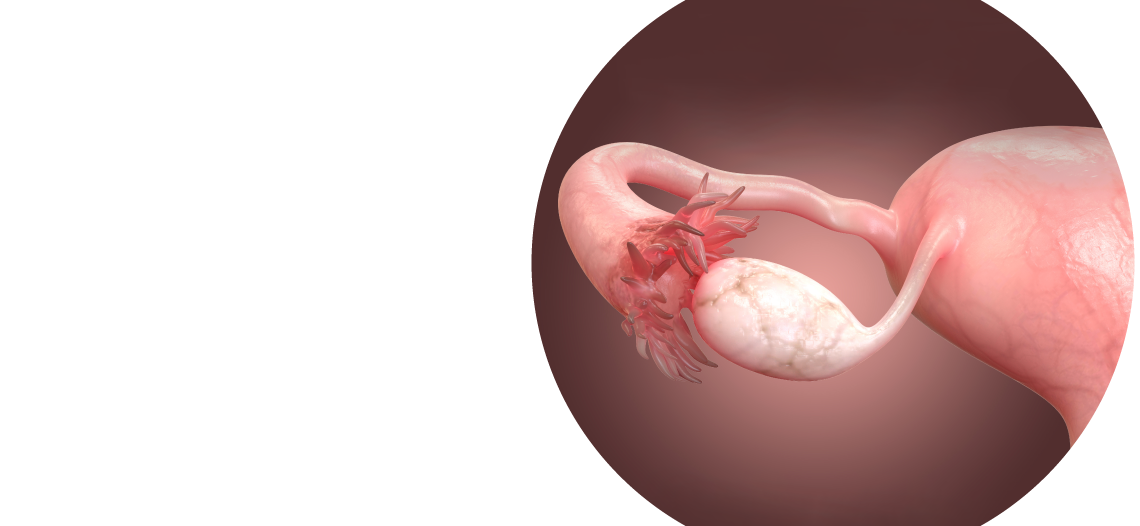
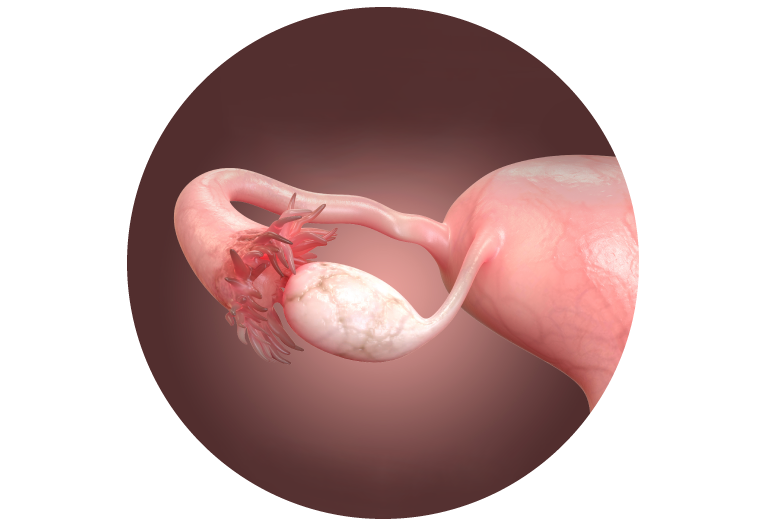
What happens when your ovaries can’t be accessed through the standard transvaginal approach during IVF? Scar tissue, congenital abnormalities, fibroids, or their atypical position in the body can make a transvaginal egg retrieval very challenging or impossible.
In these cases, we offer abdominal egg retrieval also known as transabdominal oocyte retrieval. Our team performs this procedure at our Tarzana fertility clinic for patients who need an alternative to the traditional approach.
Why Choose TLC Fertility for Transabdominal Egg Retrieval?
Some patients come to our fertility clinic in Tarzana after failed egg retrievals or suboptimal retrieved oocytes count with different providers. Others are told that IVF is not an option because of previous surgeries or ovarian position. We review each case carefully and offer solutions when possible.
Dr. Vuk Jovanovic, MD, FACOG, performs transabdominal egg retrieval for patients who need an alternative to the standard method. Every plan relies on medical need, not routine. We explain the steps, walk you through the procedure, and follow up afterward.
If another clinic told you there's no way forward, we may be able to help.
What Is Transabdominal Egg Retrieval?
Transabdominal egg retrieval is a medical procedure used to collect eggs from the ovaries when usual access through the vaginal canal is not possible. Instead of using the transvaginal route, a doctor guides a needle through the abdominal wall to reach the ovaries. The procedure is done with the help of ultrasound for accurate positioning and avoidance of any other organs.The eggs are aspirated from the ovarian follicles using suction and then sent to the lab for fertilization. The steps before and after the procedure remain the same as in a typical IVF cycle. Only the path used to reach the ovaries is different.
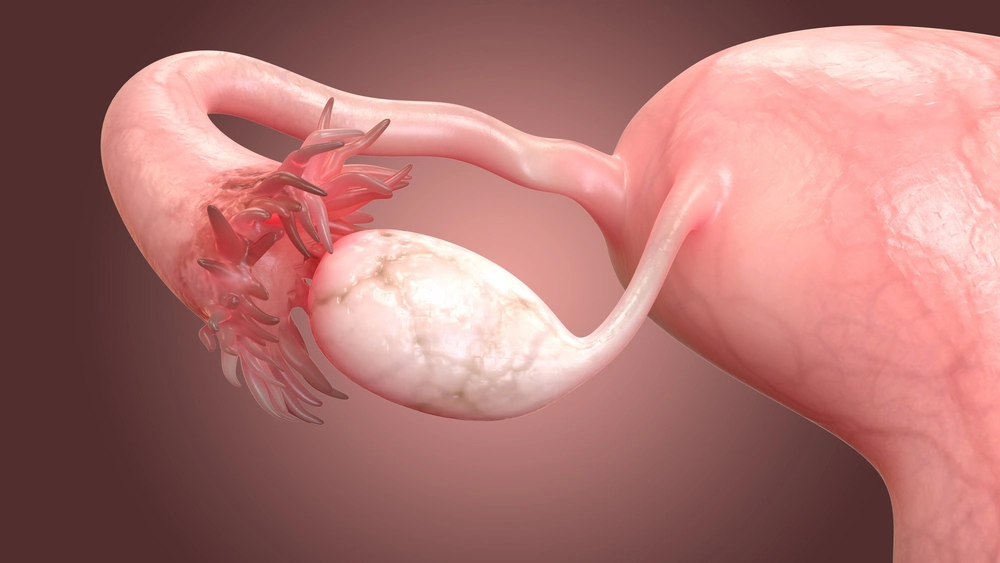
Who Might Need Transabdominal Egg Retrieval?
In most cases, transvaginal egg retrieval is the standard approach during IVF. Transabdominal egg retrieval is only considered in specific situations like those listed below.
You may need abdominal egg retrieval if:
- Your ovaries sit high in the pelvis or in the abdomen
- Scar tissue or fibroids block the vaginal path
- You’ve had pelvic surgery or have anatomical differences
- A previous retrieval attempt failed due to access
- Transvaginal access could risk injury
- Patients with congenital absence of the vagina (MRKH syndrome)
- Patients that do not want to lose virginity
- Any other reason that does not allow vaginal insertion
Ultimately, doctors will carefully review your imaging to make sure this approach is truly necessary and safer than the standard method.
Reproductive endocrinologists may also use it to preserve fertility in cancer patients and young women facing urgent fertility decisions. Read more in our blog on Fertility Preservation in Women with Cancer.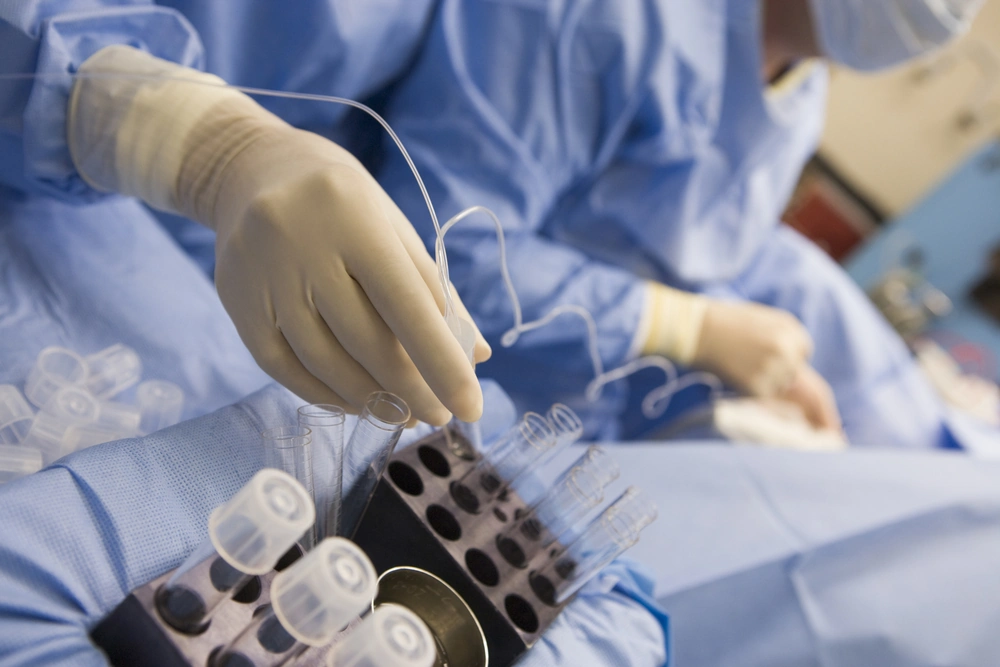
Transabdominal Egg Retrieval Step-by-Step
We guide patients through each stage. Here's what to expect:
Step 1: Consultation and Imaging Review
Meet with Dr. Jovanovic. He reviews your medical history and imaging. If needed, he explains why transabdominal egg retrieval may be the right option. We might perform an abdominal or transvaginal ultrasound to access ovarian location.
Step 2: Ovarian Stimulation
You take hormone injections to help multiple eggs mature. We track your progress with ultrasound.
Step 3: Retrieval Procedure
On the day of the procedure, the doctor inserts a thin needle through the abdomen. Typically only one or two puncture sites are needed. Ultrasound helps guide the needle to the follicles. The eggs are gently aspirated. If your plan includes sedation, do not eat or drink for several hours beforehand.
Step 4: Recovery Time and Lab Work
You go home the same day. The recovery time after transabdominal egg retrieval is typically short. Most patients return to normal activities within 24 to 48 hours. The lab prepares the eggs for freezing or fertilization as part of the IVF process.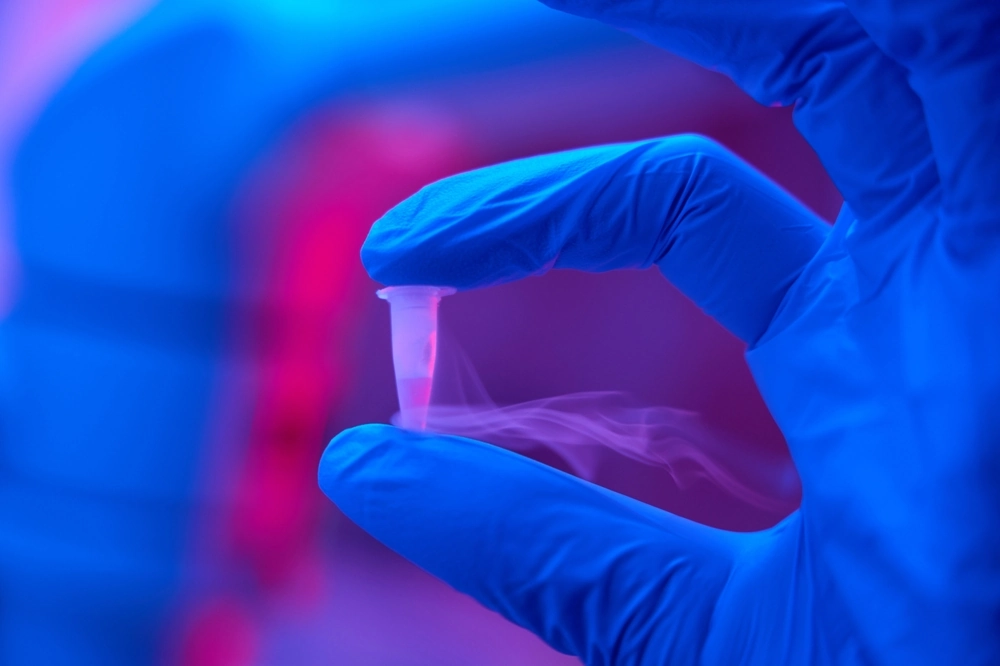
Possible Side Effects and Complications
Abdominal egg retrieval is generally safe. Some patients feel mild cramping or bloating. Bruising around the needle site may also occur. These symptoms usually pass within a day or two. Generally, the needle puncture site heals without any scars.Rare complications may also include damage to nearby tissue, contamination of the follicular fluid, or minor scarring from the skin puncture. These outcomes are uncommon, and we take careful steps to reduce all risks.
Our team provides clear aftercare instructions and monitors your recovery closely.What Are the Chances of Success?
Several factors influence the success of transabdominal egg retrieval, including your age, ovarian reserve, body composition and your overall reproductive health. When ovarian stimulation is effective, doctors typically retrieve a similar number of eggs as in transvaginal egg retrieval. This method does not affect egg quality. If your ovaries respond well, the IVF lab proceeds with fertilization as in a standard cycle.
Cost of Transabdominal Egg Retrieval
This procedure costs about the same as standard egg retrieval. We explain all fees before scheduling. If you need help with payment, we offer financing and work with major insurance providers.
Ready to Talk?
If you’ve been told egg retrieval isn’t an option, let’s take another look. Schedule a consultation with our team to explore if abdominal retrieval is right for you.
Book your appointment or call us at +1 (818) 344-8522.Transabdominal Egg Retrieval FAQ
How painful is abdominal egg retrieval compared to transvaginal egg retrieval?
Most patients report similar or slightly more localized discomfort compared to transvaginal retrieval. Pain is usually mild and short-lived.Do I need general anesthesia for abdominal egg retrieval?
Most patients receive light sedation or local anesthesia, depending on the number of oocytes to be retrieved and individual needs.
Can abdominal egg retrieval affect IVF success rates?
No. If the eggs develop correctly and the IVF process goes well, success rates are similar to traditional IVF.
How long does an abdominal egg retrieval take from start to finish?
The retrieval itself typically takes 15–30 minutes. Including prep and recovery, most patients spend 2–3 hours at the clinic.
 Our Locations
Our Locations







